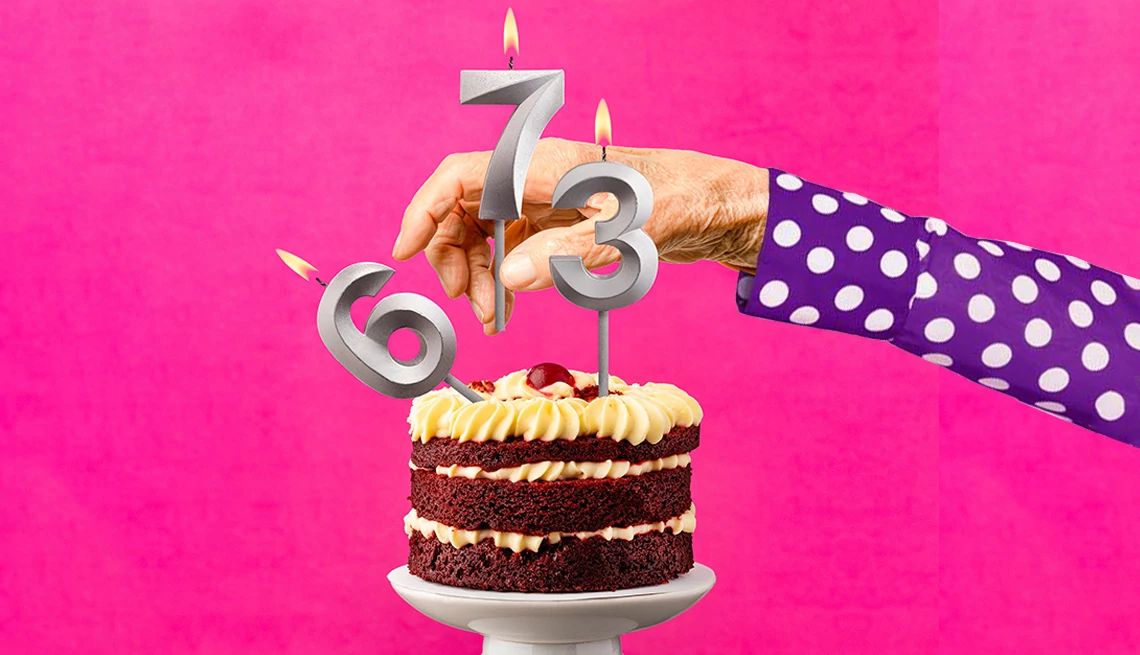
- Select a language for the TTS:
- UK English Female
- UK English Male
- US English Female
- US English Male
- Australian Female
- Australian Male
- Language selected: (auto detect) - EN
Play all audios:
I never thought I’d lie about my age — until two years ago. I was surprised to discover that “I’m 70” doesn’t easily roll off my tongue, as if I’d never learned to count that high. When
faced with the question, “How old are you?” I considered responding, “How old do I look?” Quickly I ditched that idea, lest someone deliver an answer in the wrong direction. It’s difficult
to voice our age when we grew up in the '60s, vowing to “never trust anyone over 30.” But if the Rolling Stones’ Mick Jagger is still strutting on stage and magazines tell us that he’s
now in his 80s, why am I so reluctant to admit my age? Compared to Mick, I’m girlish. It’s been years since I’ve had to request a senior discount. Cashiers barely look up at me,
automatically plugging in my 10 percent off. My New York City half-price MetroCard shouts SENIOR in bold face — for the world to see. Why such big print? “So we could read it without our
glasses,” a friend quips. As a teenager, I lied about my age, claiming I was older, gladly paying adult fees to gain admission to risqué movies. Now, my husband and I bring our own popcorn
to avoid snack-bar prices — a telltale sign of our age. My age is obvious; why hide it? Koreans honor aging, throwing a _gohui_ celebration for their parents’ 70th birthdays, a party
translated as “old and rare.” I see myself as more medium-rare and not-as-old-as-some. I swim laps. I eat kale even though I really want french fries. Yet, when new people meet my husband,
they’re surprised to hear he’s 77, claiming, “You look so much younger!” I smile politely when they glance my way, saying, “You look good.” It’s futile to compare my wrinkles with my
husband’s. And I don’t want to fuel our youth-obsessed society. It takes practice, but admitting my age has become easier. My latest role model is a neighbor who just started using a walker.
“I’m 93!” she boasts for all to hear. “I resisted this walker, and now I think it’s amazing!” I’m about to turn 73. For a few days, verbalizing the new number will feel unfamiliar before it
becomes a natural part of me. I practice saying it aloud, as if learning a new language. And the next time one of my doctors makes that dreaded remark, “You’re doing well … for your age,”
I’ll remind them, “I’m only 73.”









